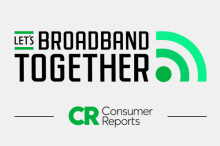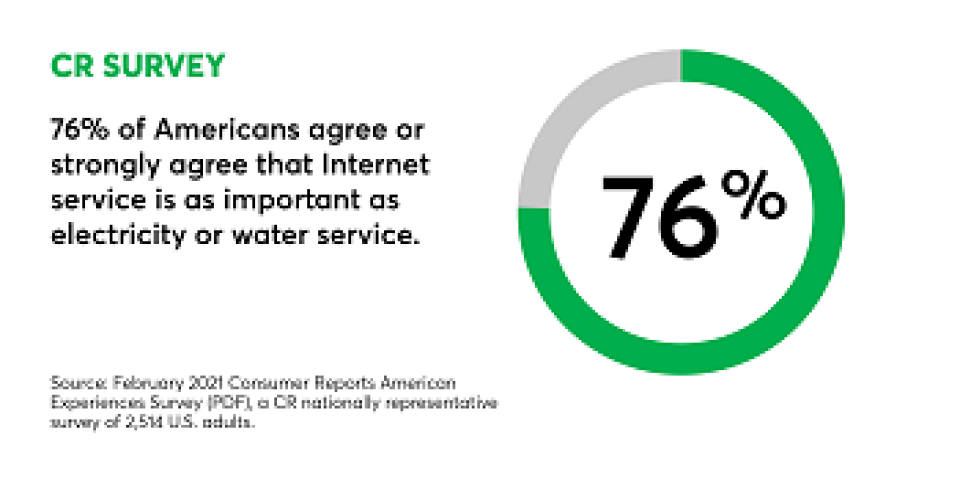Submit Your Broadband Bill and Help Fight for More Affordable, Transparent Broadband Pricing
A month ago we announced the launch of Let's Broadband Together, a coalition of organizations and advocacy groups led by Consumer Reports to collect as many broadband bills as possible and crowdsource the data necessary to fight the trend towards deliberately confusing, obfuscatory broadband pricing in the United States.
If you've had the intention to help out but were looking for that reminder, here it is. Head over to Let's Broadband Together and take a speed tests, submit a PDF of your bill, and answer a few questions. More submissions mean a better the dataset and more comprehensive evidence to support reform.
Click here to begin, and join Consumer Reports, ILSR, and dozens of other organizations.




